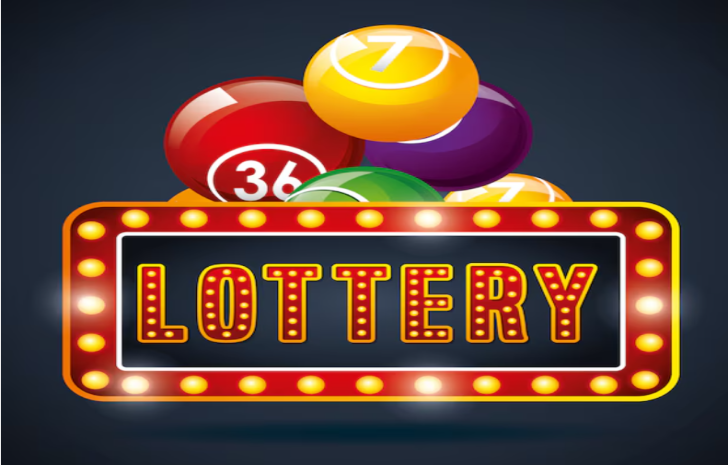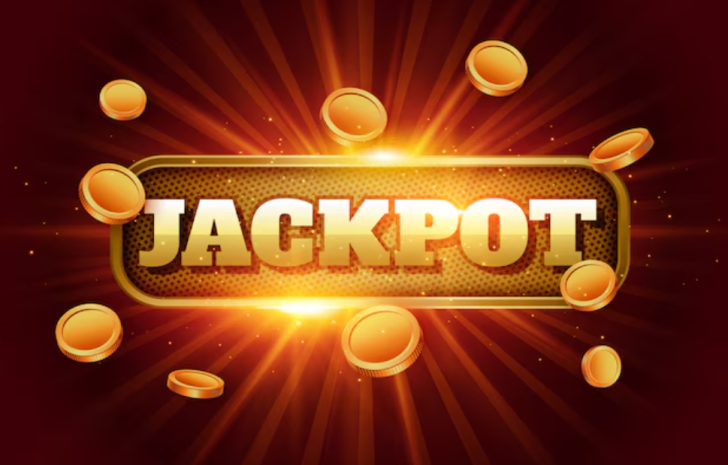
16
May
Bitcoin in the Lottery Market: A Game-Changer
#
The digital revolution has touched nearly every aspect of our lives, and the lottery market is no exception. Bitcoin, the pioneering cryptocurrency, has made significant inroads into various sectors, and its influence on the lottery market is becoming increasingly notable. This blog explores how Bitcoin is transforming the lottery landscape, offering new opportunities and addressing traditional challenges.
## The Rise of Bitcoin
### What is Bitcoin?
Bitcoin, created in 2009 by an anonymous entity known as Satoshi Nakamoto, is a decentralized digital currency. Unlike traditional currencies, it operates without a central authority or banks, relying on blockchain technology to facilitate secure and transparent transactions. Bitcoin has gained widespread popularity due to its potential for high returns and its revolutionary approach to finance.
### Bitcoin and Digital Transformation
Bitcoin's rise is part of a broader digital transformation sweeping across industries. Its adoption in the lottery market is a natural progression, aligning with the trend towards digitalization and the increasing demand for innovative, secure, and efficient financial solutions.
## Advantages of Bitcoin in the Lottery Market
### Enhanced Security and Transparency
One of the most significant advantages of using Bitcoin in the lottery market is enhanced security. Blockchain technology, the backbone of Bitcoin, ensures that all transactions are transparent and immutable. This reduces the risk of fraud and enhances trust among participants, as each transaction is recorded on a public ledger that cannot be altered.
### Accessibility and Inclusivity
Bitcoin's decentralized nature makes it accessible to a global audience. Traditional lotteries often face restrictions related to geographic location and banking access. Bitcoin overcomes these barriers, allowing anyone with internet access to participate. This inclusivity can lead to a more diverse and engaged player base.
### Lower Transaction Costs
Traditional financial transactions, especially those involving international players, can incur significant fees. Bitcoin transactions typically have lower costs, making it a cost-effective option for both players and lottery operators. This efficiency can lead to better prize distributions and more funds allocated to public causes supported by lotteries.
### Fast and Convenient Transactions
Bitcoin transactions are processed quickly, often within minutes, regardless of the transaction's size or the participant's location. This speed and convenience enhance the overall user experience, making it easier for players to purchase tickets and claim prizes.
## Innovative Lottery Models
### Decentralized Lotteries
Bitcoin enables the creation of decentralized lotteries, where the entire operation is managed through smart contracts on the blockchain. These smart contracts automatically execute the lottery process, from ticket sales to prize distribution, without the need for a central authority. This not only reduces operational costs but also increases transparency and fairness.
### Provably Fair Systems
In traditional lotteries, players must trust that the drawing process is fair and unbiased. Bitcoin-based lotteries can implement provably fair systems, where players can independently verify the fairness of each draw. This is achieved through cryptographic algorithms that ensure the randomness and integrity of the draw, enhancing player trust and confidence.
## Challenges and Considerations
### Regulatory Environment
The integration of Bitcoin into the lottery market faces regulatory challenges. Different countries have varying laws regarding cryptocurrency usage, and lottery operators must navigate these complexities to ensure compliance. Clear and supportive regulatory frameworks are essential for the sustainable growth of Bitcoin-based lotteries.
### Market Volatility
Bitcoin's value is notoriously volatile, which can pose risks for both lottery operators and players. Managing this volatility requires careful planning and risk management strategies to ensure that prize values remain stable and attractive.
### Adoption and Education
Widespread adoption of Bitcoin in the lottery market requires education and awareness. Many potential players may be unfamiliar with how to acquire and use Bitcoin. Providing resources and support to educate players about Bitcoin can facilitate smoother integration and greater participation.
## Conclusion
Bitcoin's integration into the lottery market represents a significant innovation with the potential to revolutionize how lotteries operate. From enhanced security and transparency to increased accessibility and efficiency, Bitcoin offers numerous advantages that can benefit both players and operators. While challenges remain, the continued evolution of digital currencies and supportive regulatory environments can pave the way for a new era in the lottery industry. As Bitcoin continues to gain acceptance and understanding, its role in the lottery market is likely to expand, offering exciting opportunities for innovation and growth.

